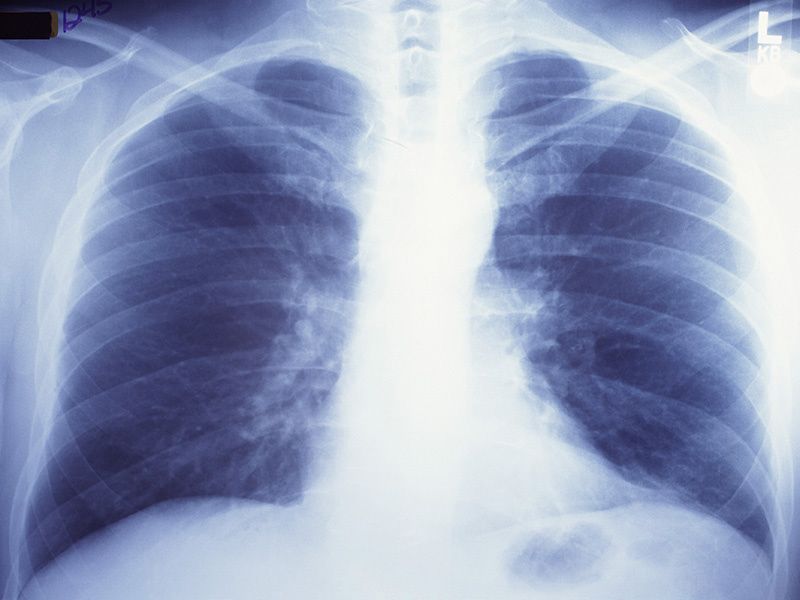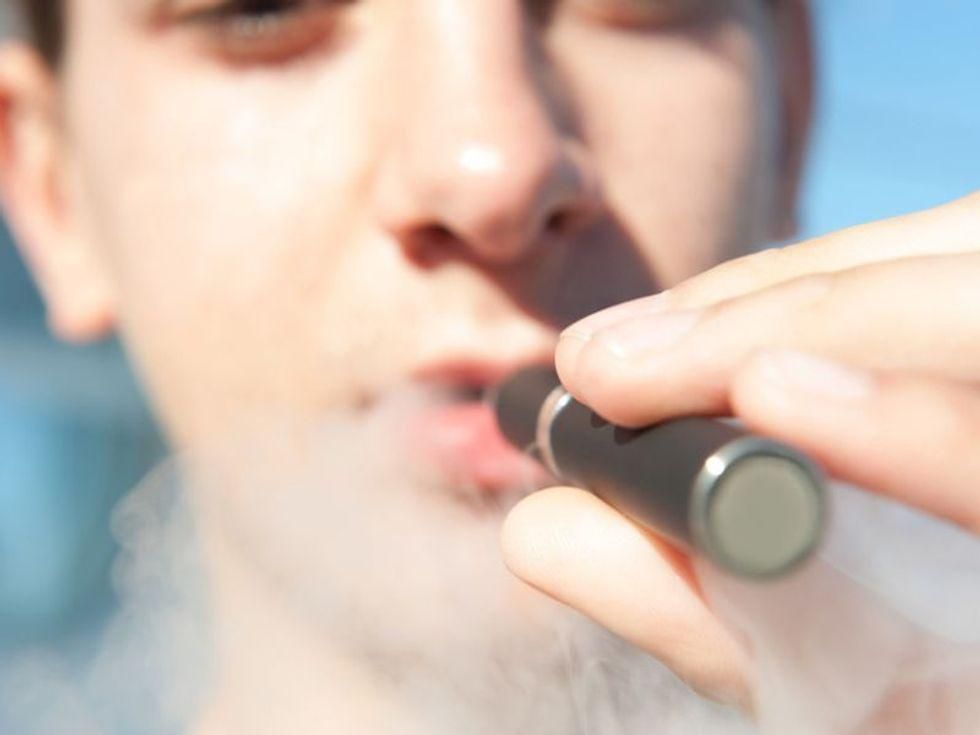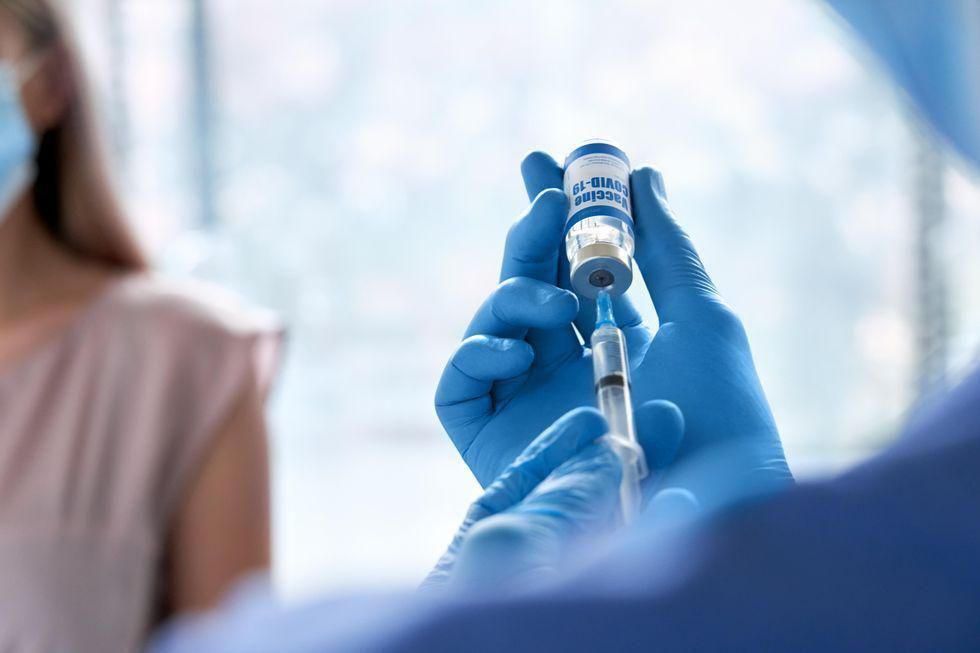
Nearly 98% of the U.S. Army’s active duty force had received at least one coronavirus vaccine dose as of Wednesday’s deadline for mandatory vaccination, officials said Thursday. However, more than 3,800 soldiers have refused to get a shot and could start being discharged from the military next month, according to an Army statement. The Army… read on > read on >






























